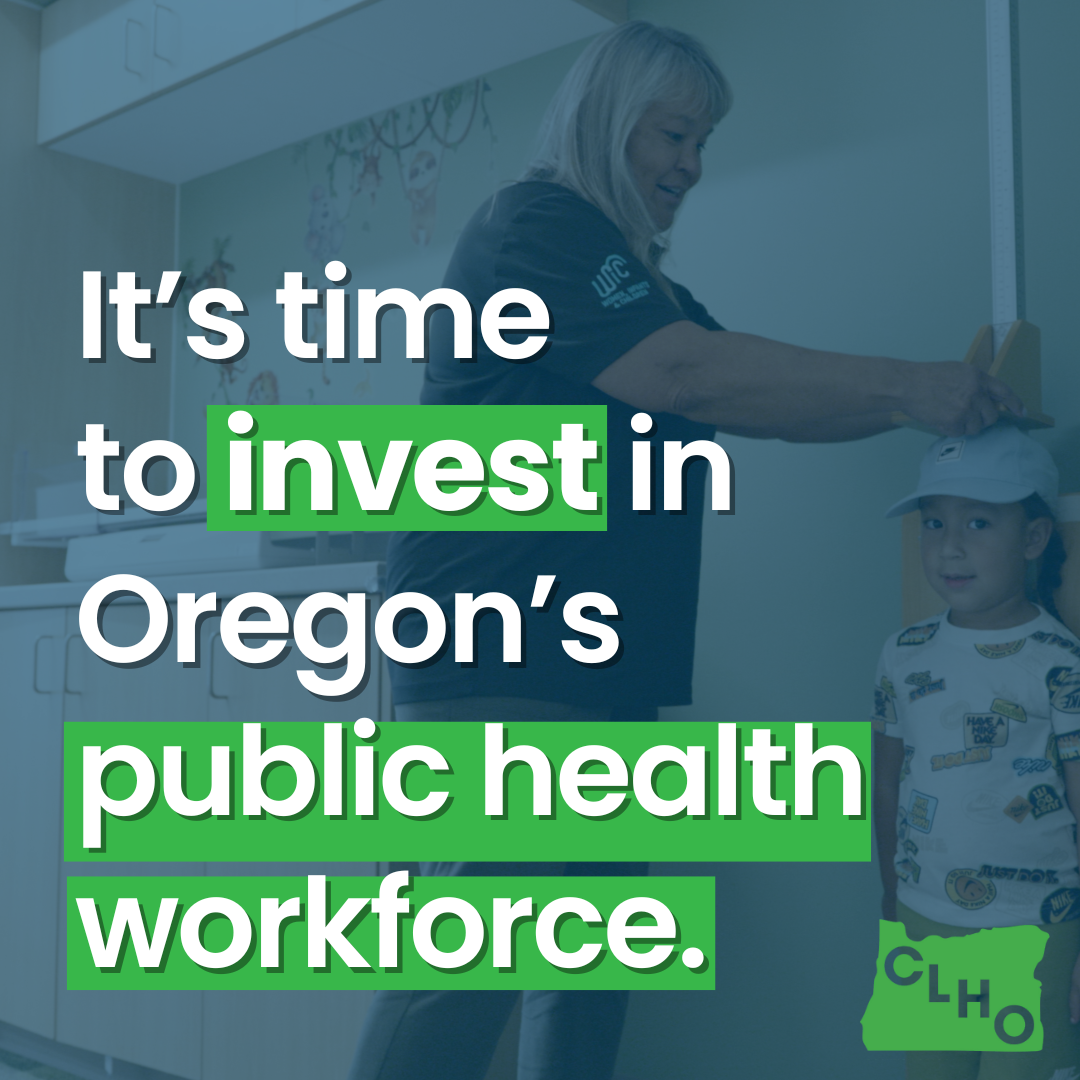The transfer of responsibilities for the Medicaid population from the state to coordinated care organizations has hit a snag.
All CCOs were supposed to take over the ride service for medical appointments from the Oregon Health Authority by July 1, but at least in Portland, the CCOs won’t be ready, delaying the transfer to October if not until next year.
Two weeks ago, FamilyCare and Health Share had announced that they would jointly request bids to provide the ride service for their Oregon Health Plan clients in Multnomah, Washington and Clackamas counties.
"Our primary objective is to ensure continuity of service for our members, but also be able to explore the opportunity to expand services for our members. We are excited to work with FamilyCare to create a regional system for serving the OHP population" said Janet L. Meyer, CEO of Health Share of Oregon in a statement.
Historically, the Oregon Health Authority has held the contract, and it previously contracted with Tri-Met as the transportation broker in the Portland metro area. Tri-Met sub-contracts with smaller vendors to provide the actual transportation services to those members.
But Jeff Heatherington, the CEO of FamilyCare, now says that they’ve delayed implementation out of a strong concern that the state has no privacy policy in place for non-emergency ride providers, which would ensure they comply with the federal Health Insurance Portability and Accountability Act, better known as HIPAA. A taxi driver offering a ride could blurt out private medical information and land the state in hot water with the feds unless there’s a formal policy.
“The state was out of compliance,” said Heatherington.
The free ride service is a critical component of bringing down the cost of care while improving access. Better coordination of the non-emergency ride service should help the CCOs cut down on the number of unnecessary and incredibly expensive ambulance rides while also ensuring that Oregon Health Plan members don’t miss appointments for lack of transportation.
“The ambulance companies have to respond no matter what. The EMTs have very limited ability to say, ‘No, you can’t use our service,’” Heatherington said.
The delay in taking responsibility for the ride service may not be limited to the Portland area, but other CCO representatives reached by The Lund Report expressed no such concerns that would merit such a delay.
Two CCOs -- Intercommunity Health Network in the Corvallis area, and Trillium Community Health Plan, based in Eugene -- took over the non-emergency ride service from the health authority almost a year ago.
Cristie Lynch at Intercommunity said her CCO was able to smoothly ride the wave of new members with the expansion.
“Our costs are going up as we experience more ridership with the expansion,” Lynch said. “The per member cost has gone down because there’s some efficiency of scale.”
The Corvallis-area CCO did experience some surprises. Brokerage manager Phil Warnock at Cascades West Council of Governments, which provides the non-emergency transportation service, said they expected the expansion population to have a higher level of resources and better access to transportation than the existing members, because the Medicaid expansion now covers people who earn up to 138 percent of poverty.
Warnock said the new population actually uses the ride service at a higher rate than the others, and he speculated that this was driven by a backlog of medical needs from a previously uninsured group of people. Only a tiny fraction of their overall Medicaid population uses the ride service -- about 2.5 percent, and this includes transit vouchers as well as taxi and shuttle rides. Corvallis’ numbers may be low since the city has free public transportation.
The Salem-area CCO, Willamette Valley Community Health, plans to complete its transition at the beginning of July, promising a seamless transition for its members.
Dean Andretta, the interim director of Willamette Valley, conceded his CCO had delayed the transition twice -- once, on Jan. 1, because they needed to prioritize the expansion of the program, and again on April 1 because of the HIPAA issues mentioned by Heatherington.
Willamette Valley will rely on a brokerage with the Marion-Polk Transit District’s TripLink, just as the Oregon Health Authority has done. “It’s existed for many, many years,” Andretta said.
Chris can be reached at [email protected].